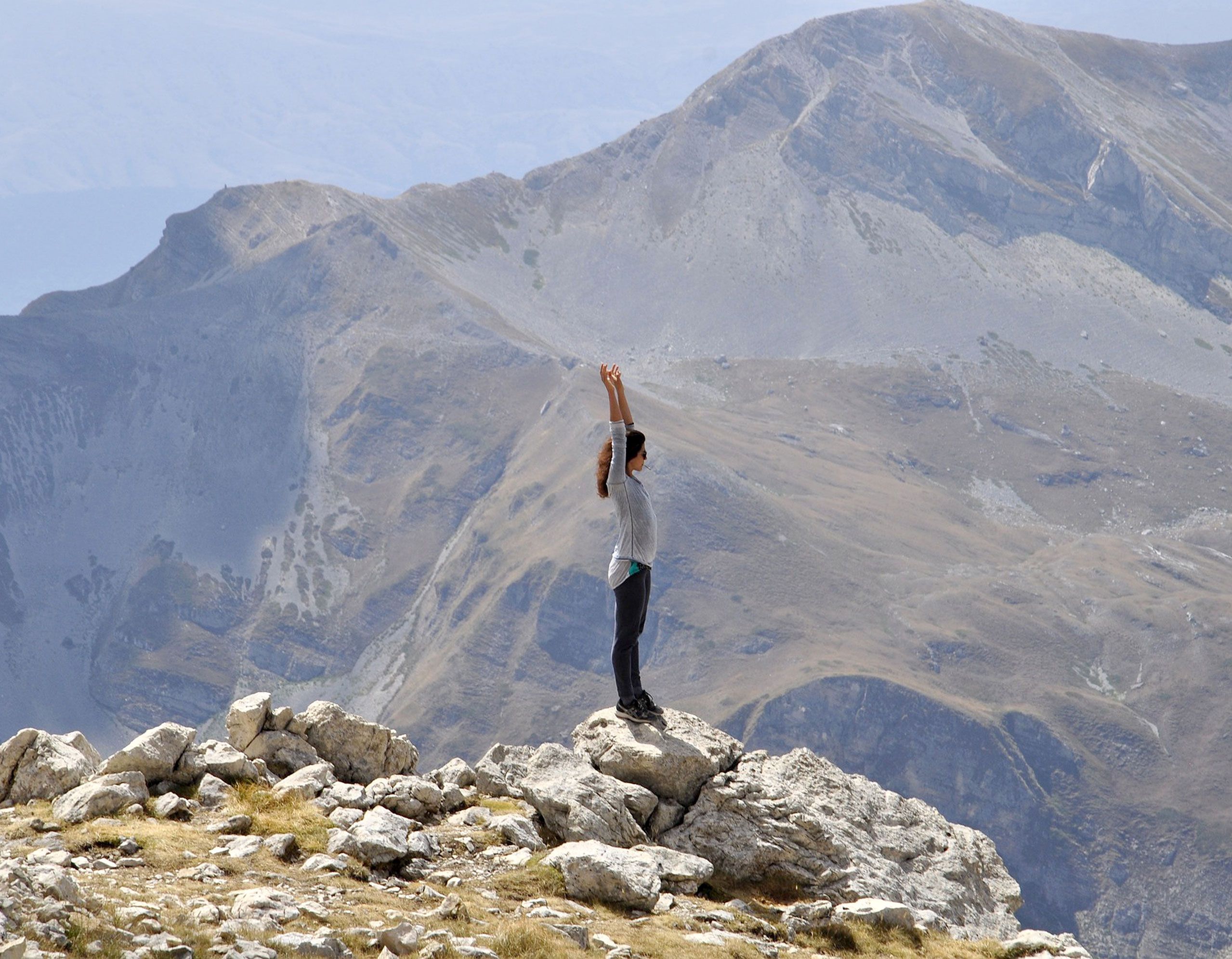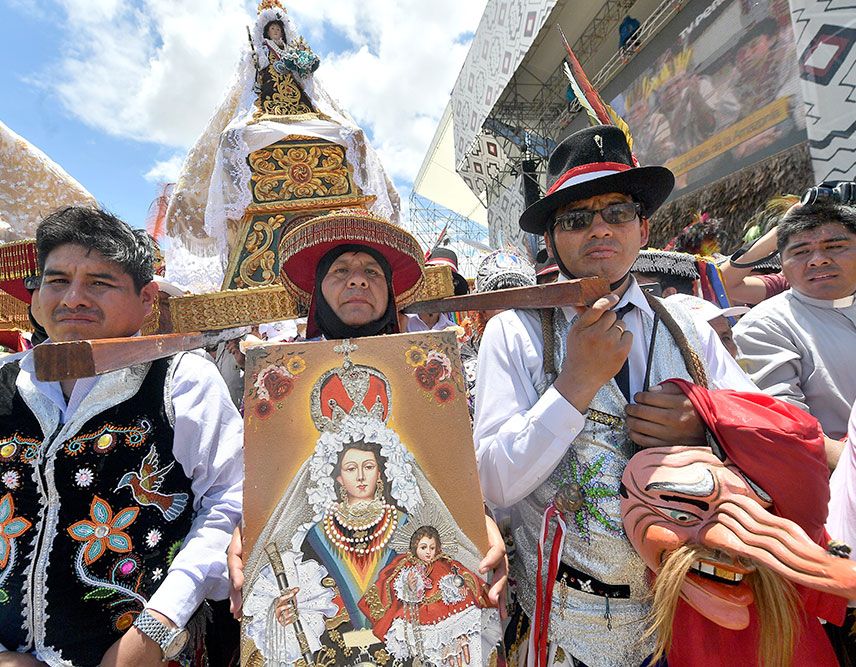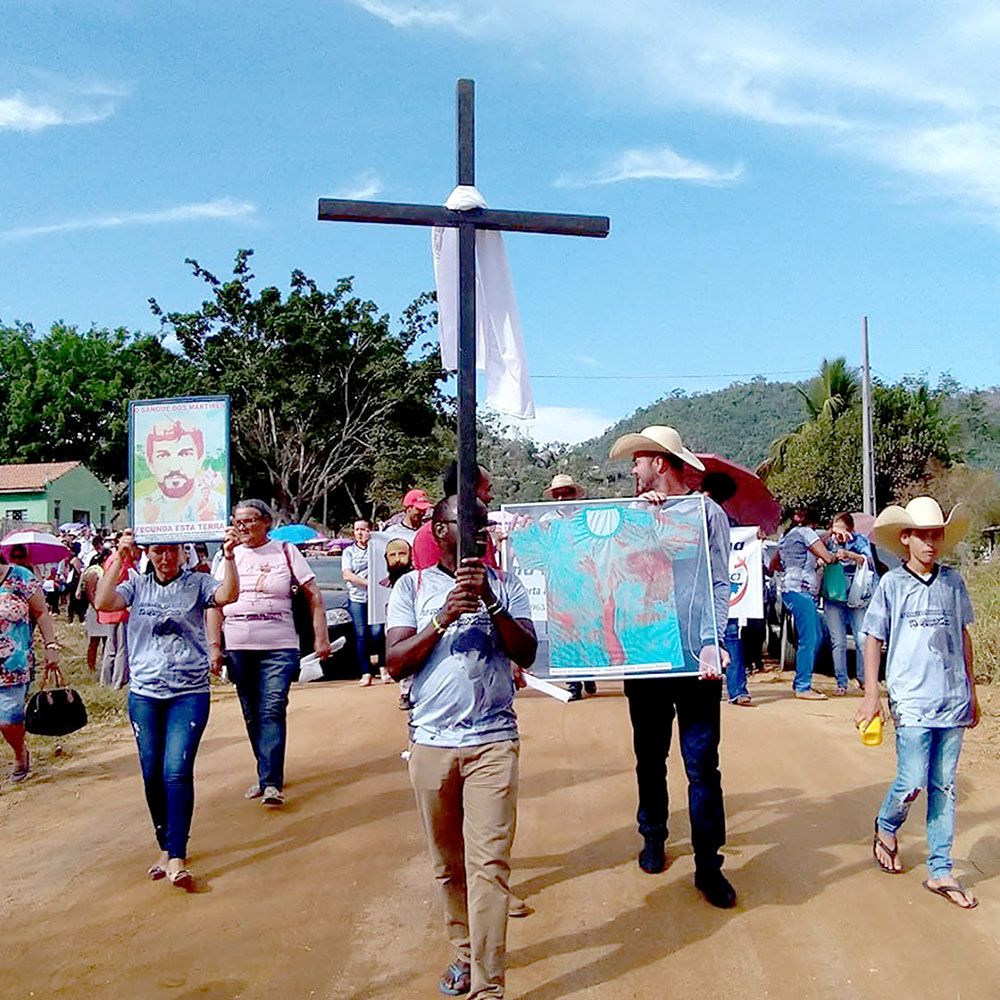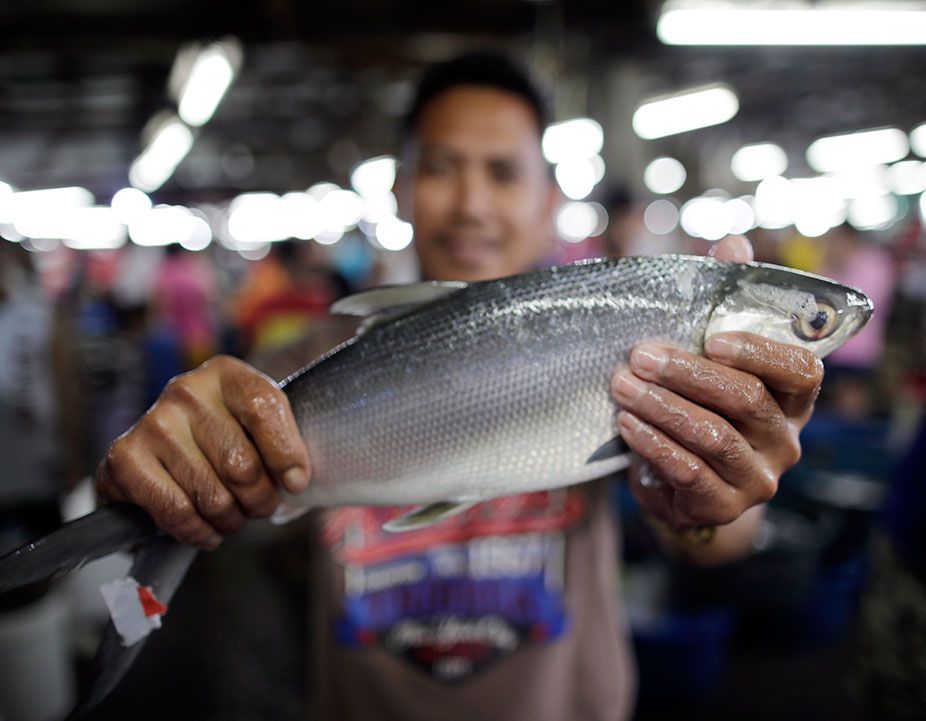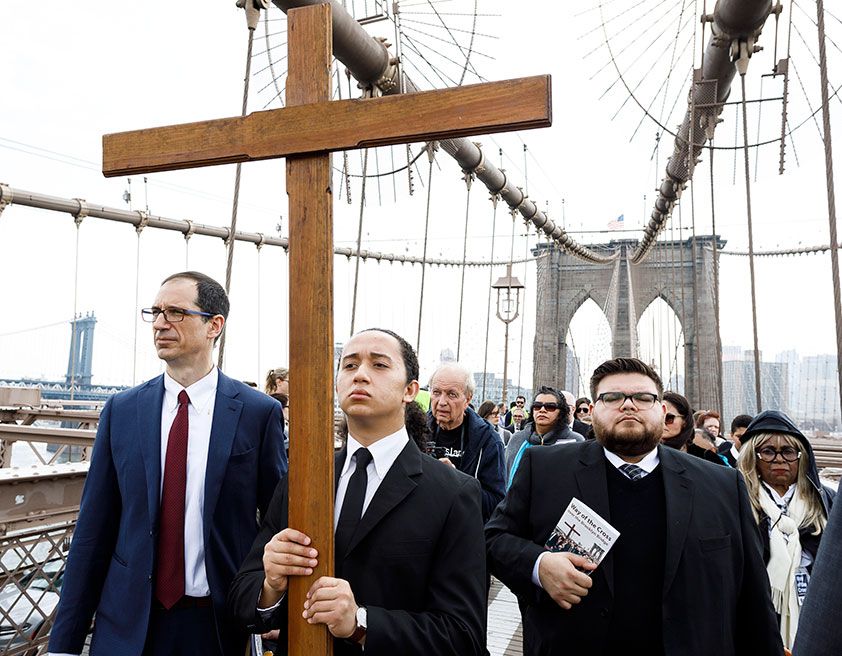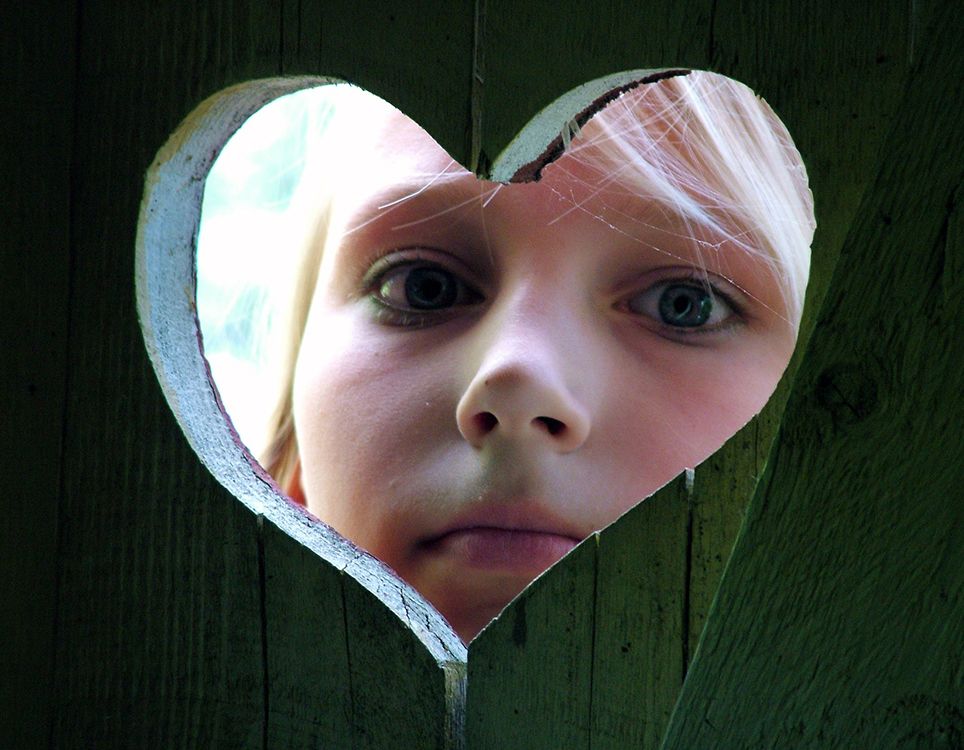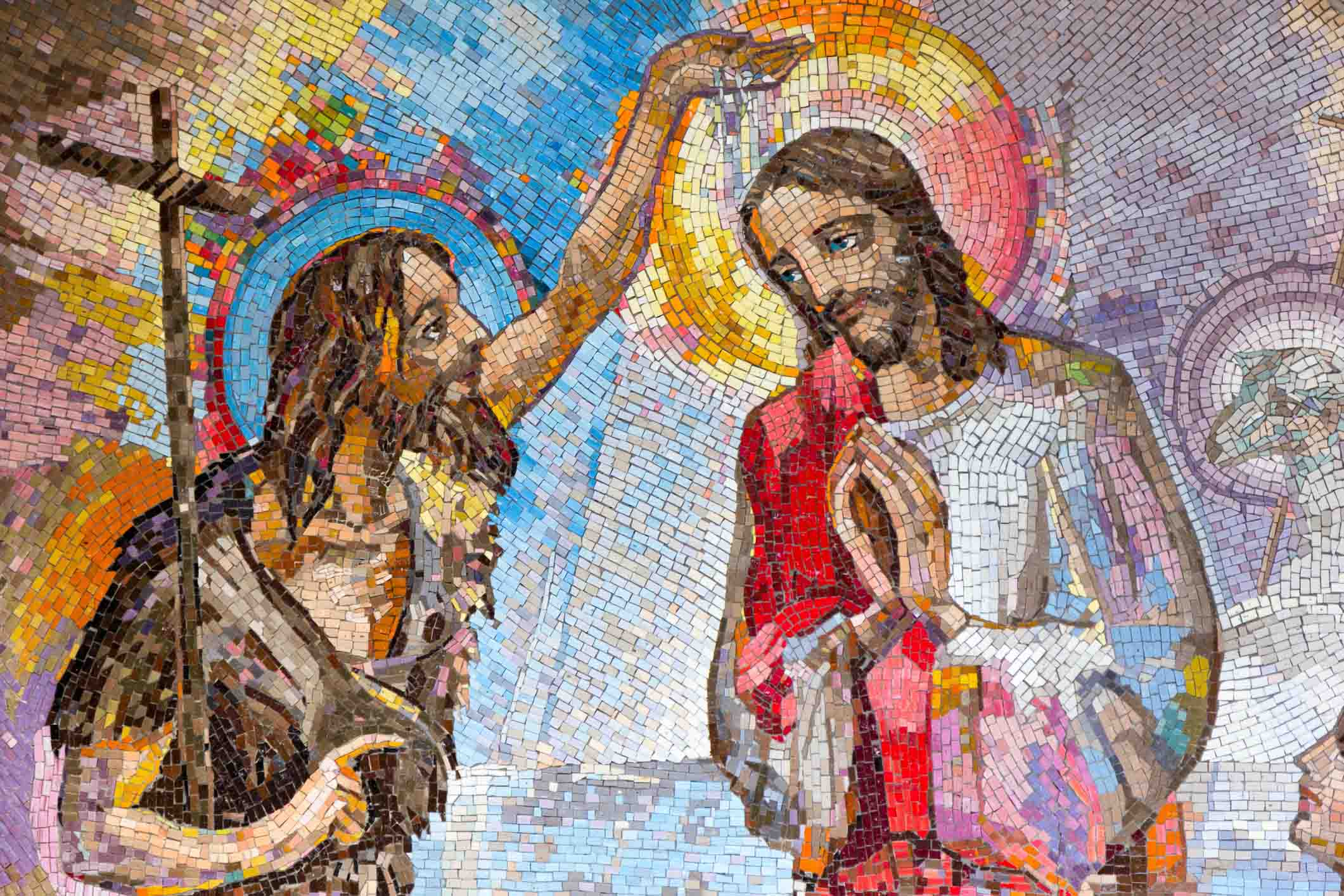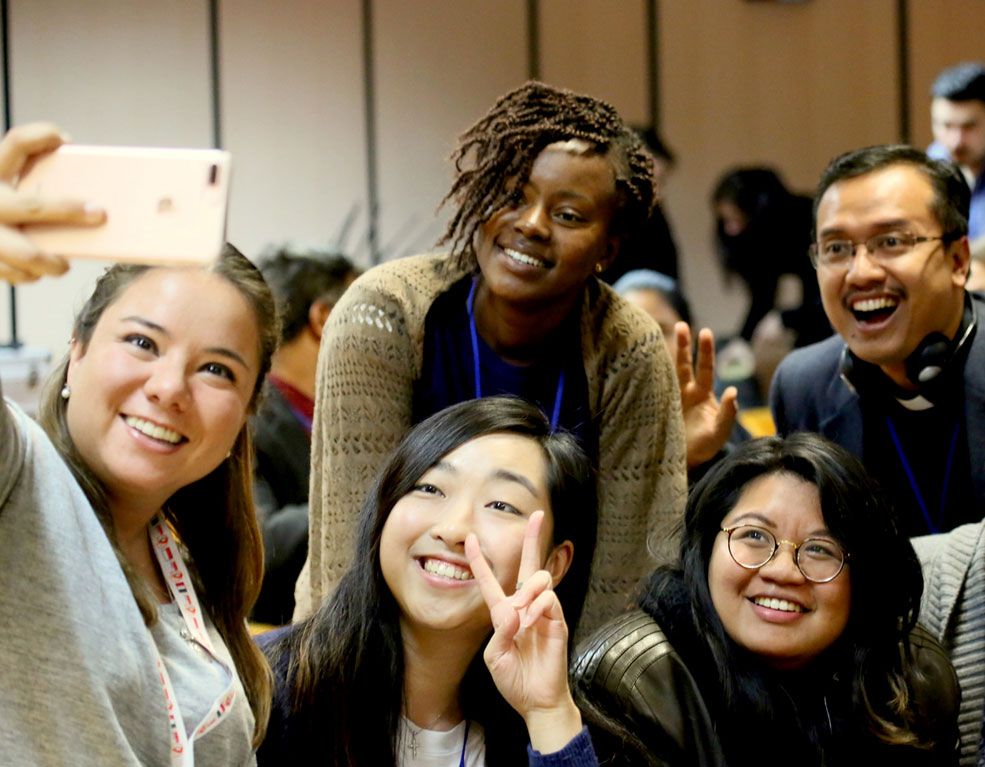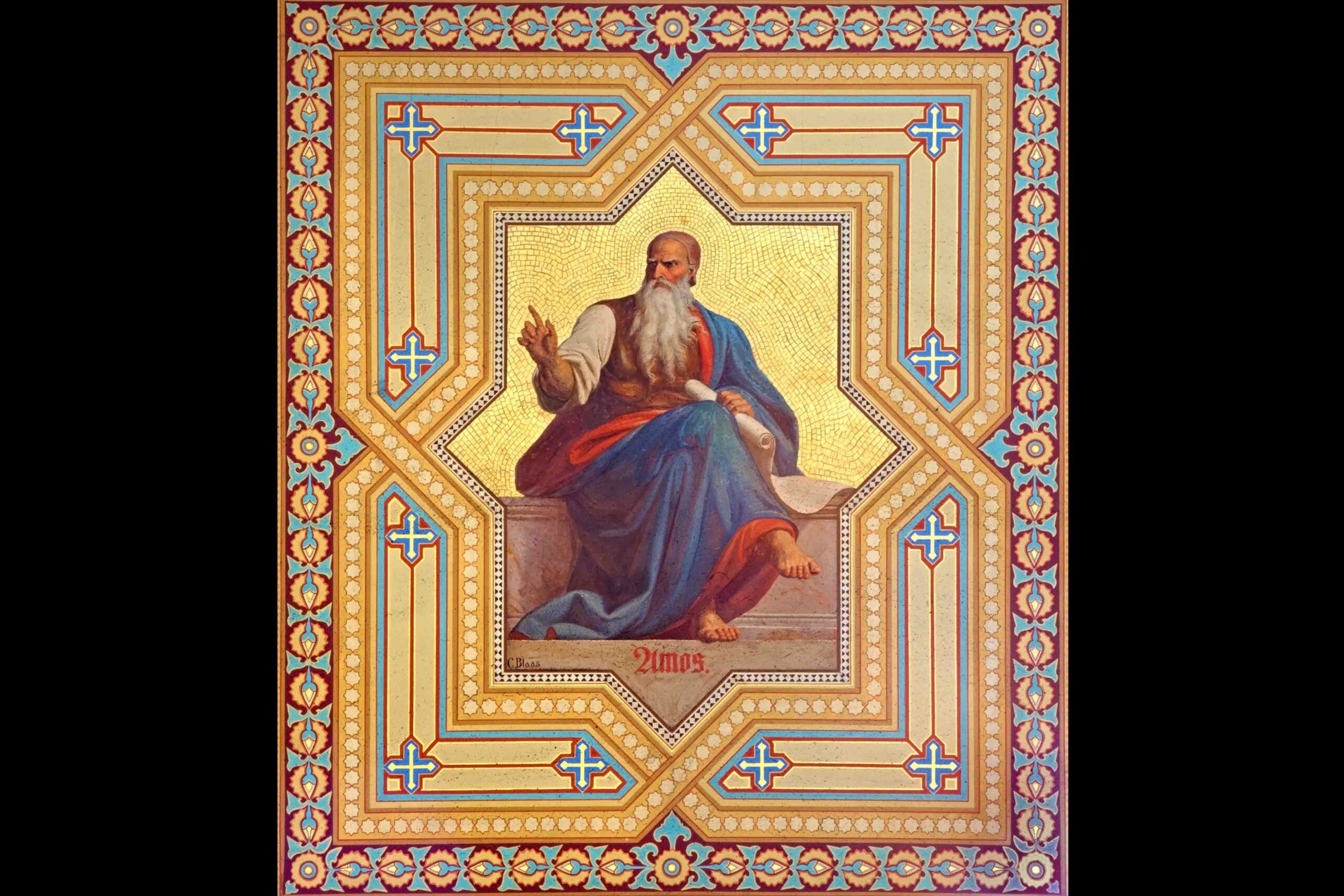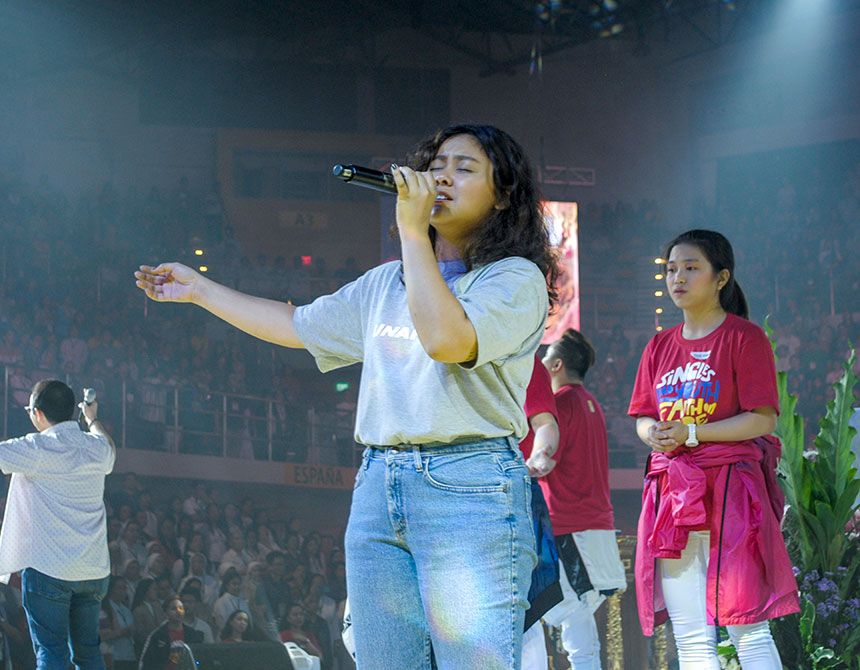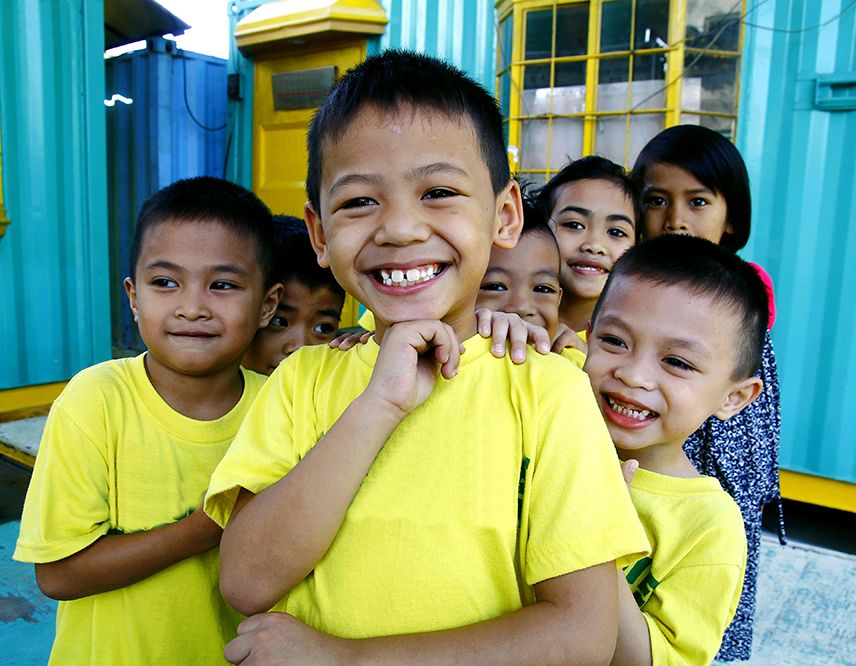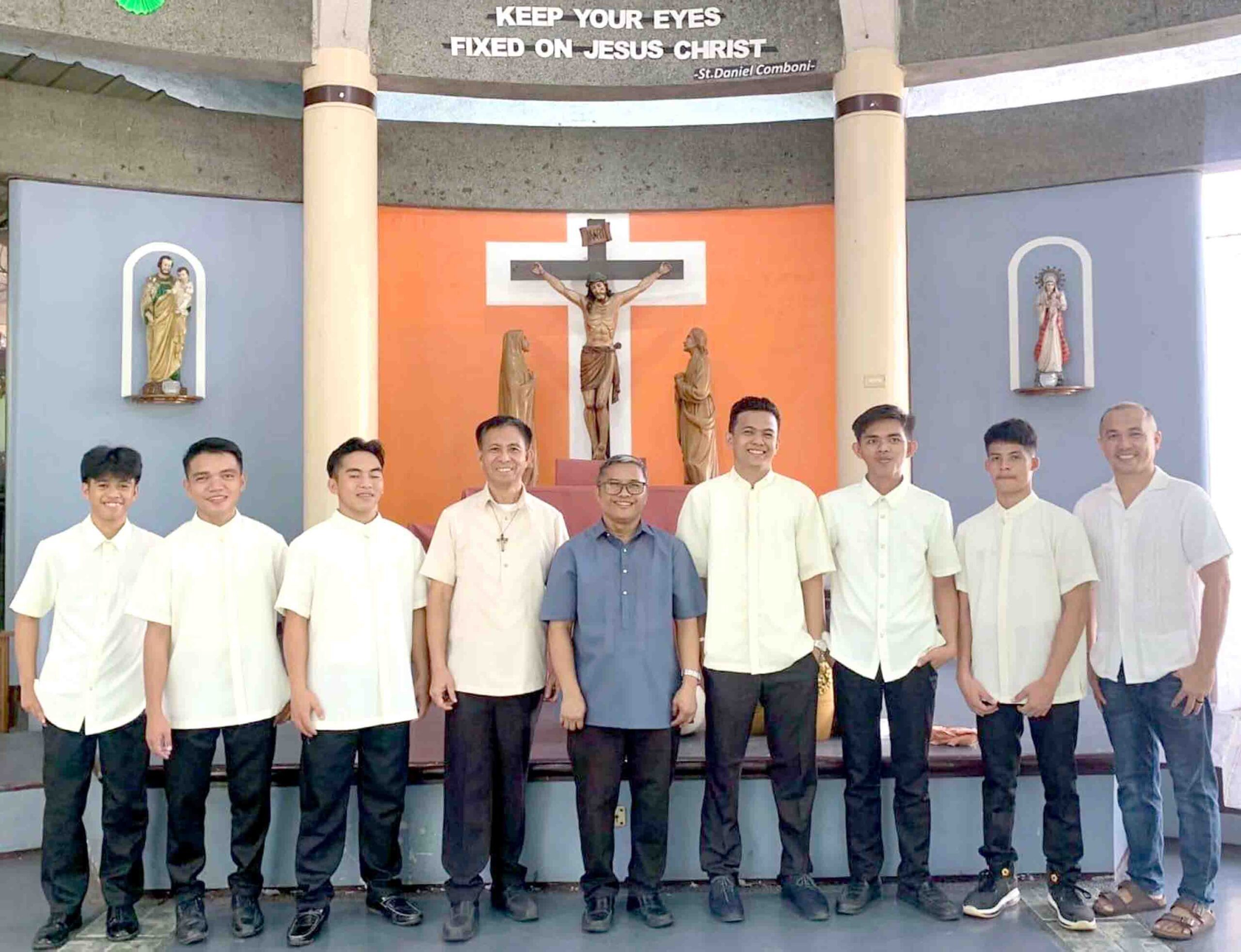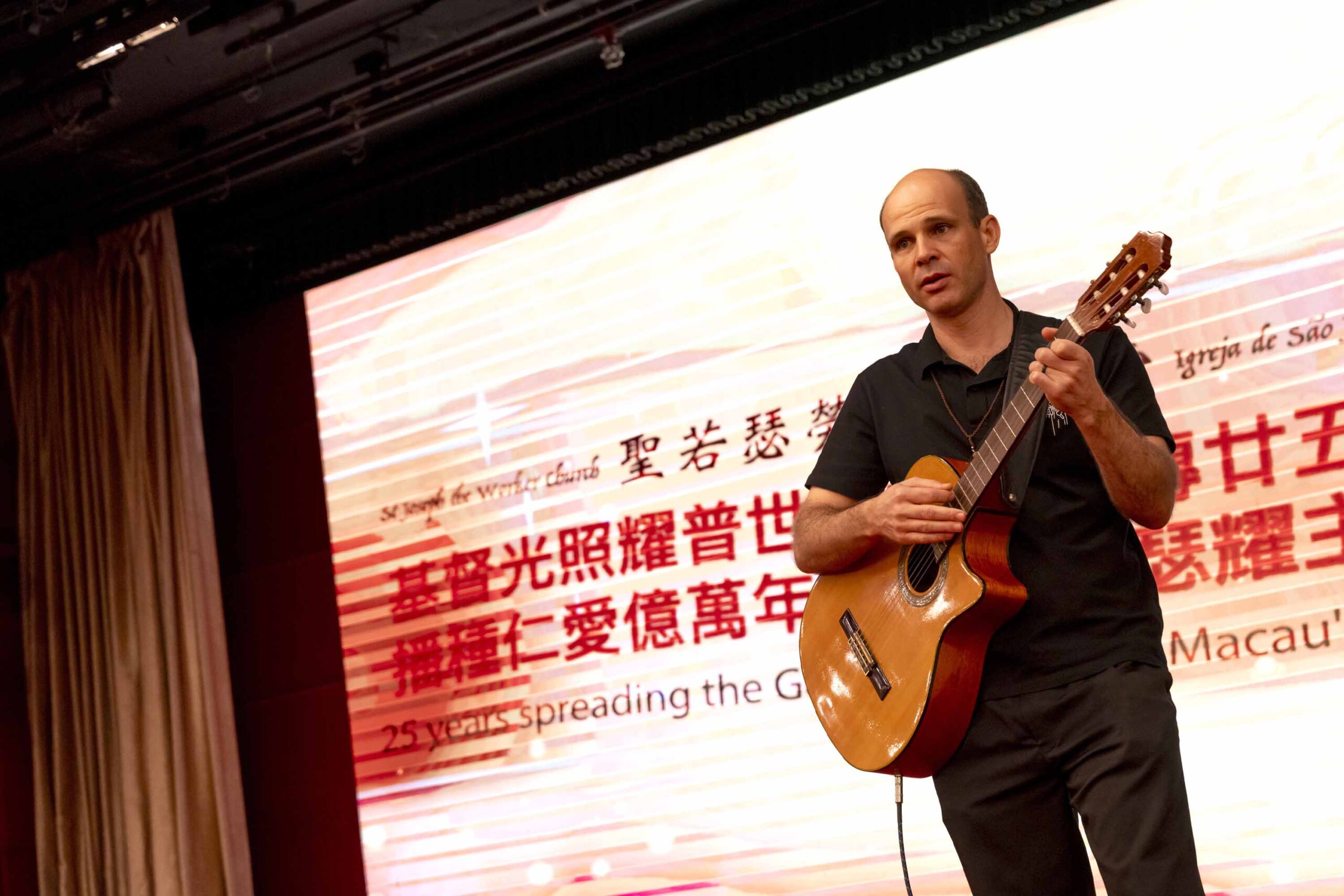Our life is enveloped by a great desire for freedom. When we are younger, we have the feeling that adults have set themselves against us; everyone dictates how to live a certain way or make up rules to restrict us. To some extent we think that we are in this world to live our life at the mercy of others. When we grow a little older, we start to have our own will and then serious problems begin at home. Our friends usually agree with our views and decisions, but parents don’t seem to understand us. But are we truly free?
I remember the reactions I got when I began the path of discernment and formation towards the mission overseas. Some did not understand how, being a laywoman, I would get into it; others were alarmed that I freely left work and family, accusing me of being selfish and irresponsible. The truth is that both were inhibiting me from realizing the deepest truth that inhabits me, and I had complete faith that God, when He calls us, always provides a solution to our life, whether it be at the level of employment or at the level of personal relationships.
What is certain is that, assuming my vocation, I followed the missionary path. On my return to Portugal, the reactions were different: “What a beautiful thing you did! Ah! I also would like to do the same!” What people criticized before became a clear sign of God’s action and nothing was lost: neither the job, nor the family and friendships.
Without us realizing it, we find ourselves wrapped in a web of external factors, and even when we reach a mature age to make big decisions, we are confronted with social pressure that seems to block our desire for happiness and, consequently, make us cry out for the freedom that inhabits us. In addition to all these questions we are still facing the challenge of vocation. How do we discern our way? How do we walk towards a life of happiness? Is not vocation, and our relationship with God, an obstacle to the freedom we long for? When we talk about freedom, we immediately assume that it means doing whatever we want. But … is that freedom?
Freedom
Freedom is characteristic to the human being. We were created free and are called to live as free beings. Otherwise, the salvation offered by Jesus would fall short of humanity. In fact, sin has subjugated man to slavery, and on the Cross Jesus restores freedom in its fullness. It is in this sense that St. Paul announces: “It is for freedom that Christ has set us free. Stand firm, then, and do not let yourselves be burdened again by a yoke of slavery.” (Galatians 5:1).
This Pauline announcement is, above all, a call for freedom that makes us more authentic and consistent with what we are in relation to God and our brothers and sisters. However, full freedom implies living responsibly, not compatible with the selfishness or thoughtlessness that robs us of true happiness.
It is in freedom that God acts. It is where He comes to meet us, not to forbid or impose anything on us, but to accompany us and help us discern the path we must take to reach the goal we dream of. If so, then vocation cannot be understood as “yet another outward voice that commands us to do something.” Rather, it is the result of our freedom and the effect of God’s action in our lives.
Take A Deep Breath
Nowadays, everything is going at a breakneck pace. What is beyond a computer click or the immediacy of social media seems unreachable. In spite of the technology and information exchange that we have, the pace we are living today is not much different from the past. If this were not the case, St. Daniel Comboni, founder of the Comboni Missionaries of the Heart of Jesus, would not have advised his candidates “to be formed in the habits of calm, order, serene and dignified conduct, which leaves the mind the necessary freedom to do good without confusion or haste and avoids the dangers of tension and effort that oppresses body and spirit.” (Writings, 2739) This is the starting point for vocational discernment: don’t forget to breathe!
The pace of the world and the external pressures cannot condition our life to the point of completely absorbing us. We cannot merge into the mass of an anonymous crowd just because we want to please everyone. It is not possible to live fully in accordance with what our parents, friends and society itself expect from us. And if so, what is the use of going with the flow?
Vocation develops the freedom within each one: freely we discern, freely we make decisions, and freely we take steps to fully realize who we are, what we long to be and what God dreams for us.
Vocation takes nothing away from us. It only obliges us to live out our freedoms fully and responsibly. In fact, if we remain trapped by external pressures, we hinder our own fulfilment and, ultimately, the happiness we desire for our lives. Far from depriving us of anything, vocation is the beginning that allows us to further exercise our freedom.
Constant Giving Of Life
However, do not think that the experience of freedom is an easy task! On the contrary, Jesus Himself, in fulfilling the fullness of His freedom, caused many to turn their backs on Him to the point of condemning Him to death. However, this condemnation was freely accepted and became the paradigm of a vocation lived to the fullest – a vocation that culminates not in the horrendous death of the cross but in the resurrection. In fact, “Only He who by His sacrifice on Golgotha wanted to eradicate slavery from the earth forever … can rid the stigma of slavery. Only Catholicism will be able to restore full freedom to a large part of the human family which is still groaning under the shameful yoke of slavery.”(St. Daniel Comboni, Writings, 1820)
The truth of vocation is precisely this: the freedom involves the whole person. It therefore means the freedom that leads to a constant giving of life which does not necessarily mean dying, but rather a life made of self-giving despite setbacks.

